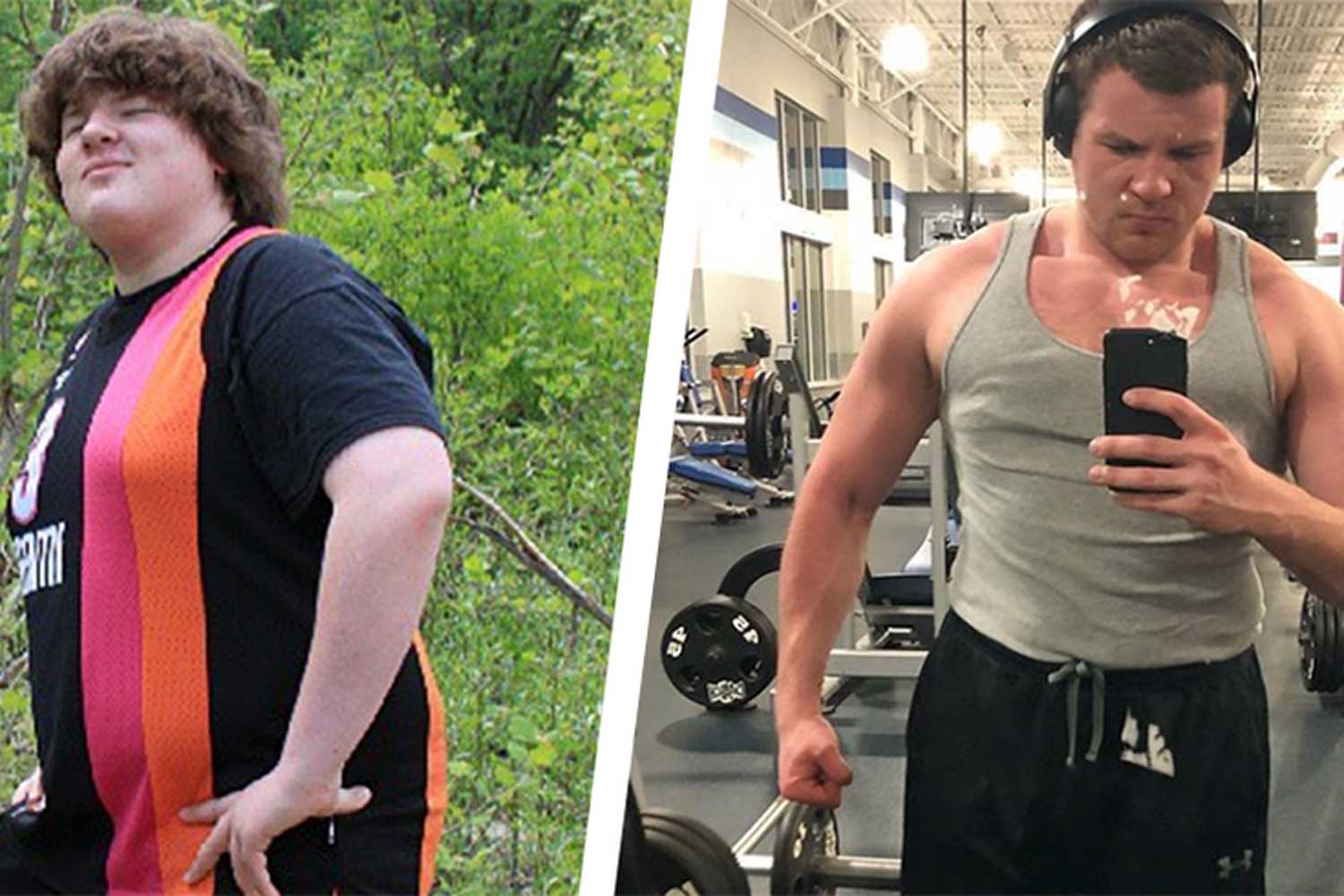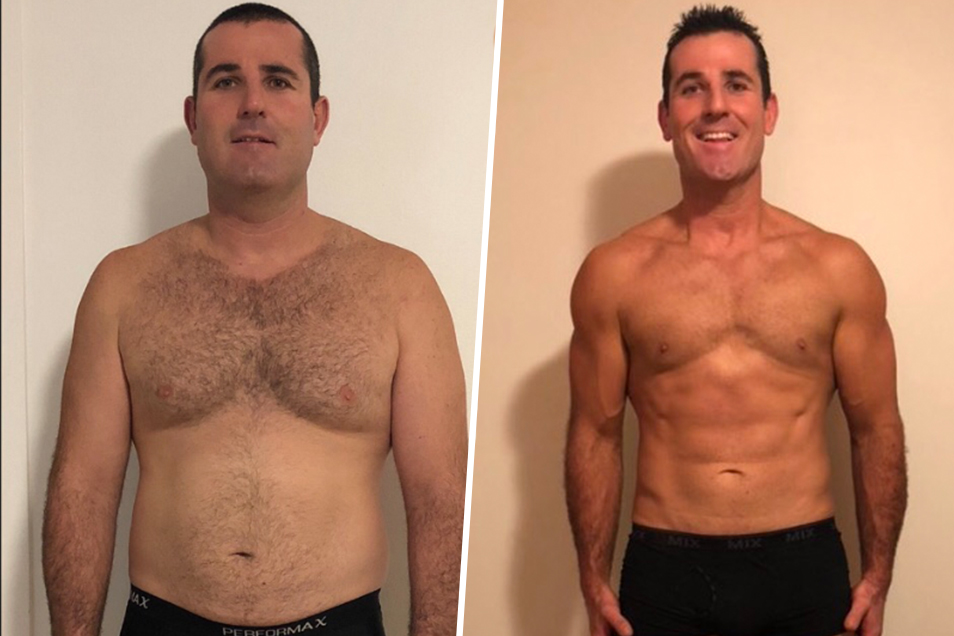
When you finish your workout, you’re no doubt keen to get on with your day. Do you really need to waste time going through a cool-down?
Well, it depends on how hard your workout was, says exercise physiologist Dr John Halliwill.
If you exert yourself enough that it’s difficult to hold a conversation, don’t skip that last step, Halliwill says.
Here’s why: when you exercise, your body pumps more blood than usual to your extremities. Your heart rate rises and the vessels that carry blood to your muscles open up, letting the blood rush in.
As you move, your muscles actually help pump all that blood back to your heart each time they contract. Physiologists call this your “second heart.”
But if you stop exercising suddenly, you’ll turn off that second heart. Your actual heart will still pump out the huge quantity of blood that it was while you were working out, Halliwill says, but now it won’t have the second heart helping to recirculate the blood back up from your legs to your upper body.
The result: you’ll feel lightheaded and nauseous. Eventually, you’ll faint. Halliwill has seen it happen in his lab after people do all-out cycling sprints for one minute, then stand still.
A cool-down prevents that from happening. It keeps your muscles moving enough to pump blood back up from your legs while your cardiovascular system returns to its normal state, he says.
Of course, people hardly ever pass out after exercise in the real world – even without a cool-down. That’s because if you felt lightheaded, you would sit down, and that helps get blood back to your heart as well, he says.
So yes, you could avoid the fainting risk by sitting down immediately after your workout. But Halliwill says there’s another good reason to do a cool-down.
Keeping your muscles working at a lower intensity for a few minutes may help the blood flow to your muscles taper off gradually rather than abruptly. That may help flush out chemical byproducts of exercise, like lactate, and deliver more nutrients to the muscle to help it rebuild.
Ultimately, that could help with muscle building, he says, although there’s no evidence yet that guys who do cool-downs have bigger muscles.
The 18-minute workout that hits every muscle in your body
The Best Cooldown to Do After Your Workout
After any workout that gets your heart pumping enough to make conversation difficult – including resistance training – do 5-10 minutes of movements that use the same muscle groups, but at a lighter intensity, Halliwill says.
That could mean simply walking the last few minutes of your run, or doing dynamic stretches like alternating lunges and alternating lateral squats (without weights) at the end of an HIIT-style workout.









